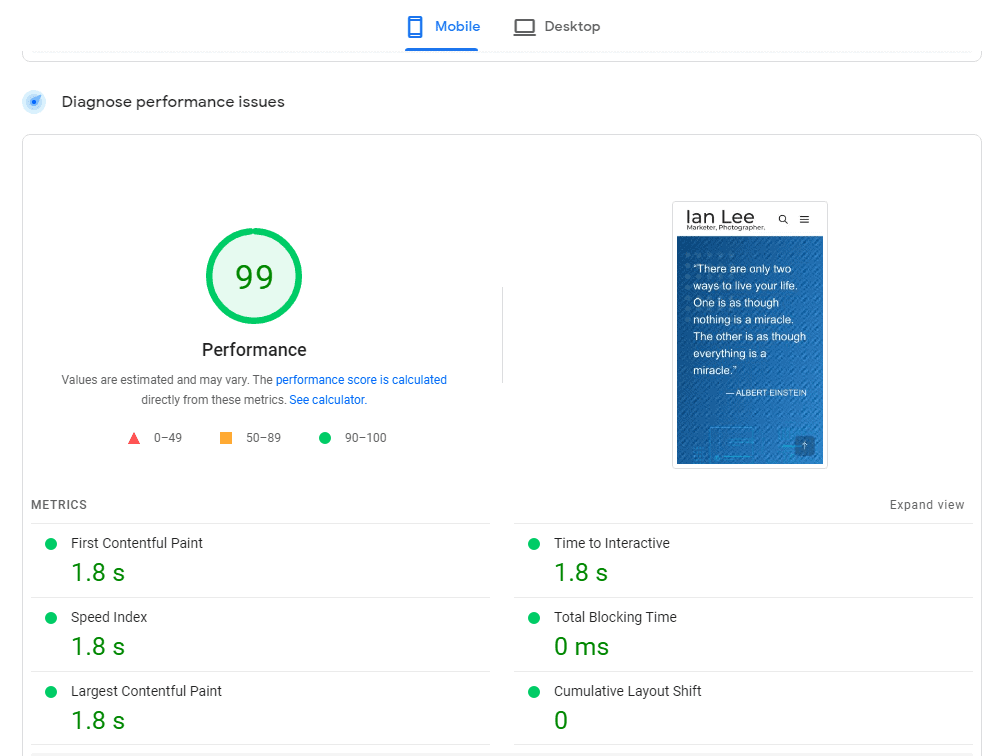What is Digg?
Lately, I have been reading up on the whole digg concept. So what exactly is digg? In short, anyone can submit an article to digg.com for other readers to rate. Digg allow users to digg (positive vote), bury (negative vote) or comment on submitted articles. Digg is basically a social content website where you can share a news story or a video. If you receive enough diggs, your article is promoted to the front page of digg.com where millions of users can read it. Dig it?
Digg.com is a highly visited website on the internet. Based on Alexa.com ratings, it has now broken the 100 mark and is rated at 87 as of today. There are lots of great articles and users in the digg network. In concept, I think digg is a fantastic idea. Users submit articles into a big pool and other users give your submission either a thumbs up or thumbs down. The more positive ratings you get, the higher the chance your article will have of being promoted to the front page. There is no doubt that once there, your article will be read by many digg users. This can often lead to other users writing their own story and linking back to your article. The end result of being on the front page of digg means more traffic and backlinks to your website or blog.
How Spammers Benefit from Digg
User generated content is definitely here to stay and digg is one way to share your articles and thoughts with the world. Unfortunately, as I dug more into digg (no pun intended), it was apparent to me that black hat users can take advantage of the system and use it as a spam channel to earn revenue for their websites. Here is how they can accomplish this.
Imagine this. Isn’t it possible that spammers can potentially sign up for multiple digg accounts and digg their own articles? This is very possible but a more sustainable and likely utilized approach would be to work with a group of friends who consistently digg each other’s articles. Don’t have enough friends to do this? Then you will just have to bribe enough followers who will do your bidding. The point is, friends, colleagues, co-workers and even your dentist can digg your articles. Don’t misunderstand, it’s perfectly credible when your own social network digg your posts because articles were well written and contain insightful content. The spam issue can surface when users digg for the sake of digging. These falsely dug articles often get promoted to the front page of digg leading to spammers immediately earning income (from CPM & CPC ads for example). In the longer run, if enough users blog or write about the submitted article and link to it, this can help boost the spammer’s overall website rankings in search engines.
As search engines evolve, no one can truly predict search results. But one thing that most internet marketers agree upon is that backlinks from other websites can help boost your own website rankings in search engines. A backlink is seen as an endorsement and therefore give your website reputable points per se and more reputable points mean higher search engine rankings.
If the original submitted article was poorly written, why would anyone talk about it or link to it? They wouldn’t. Writing a good article is one thing but endlessly getting your personal posse to digg your articles so it gets promoted to the front page is becoming a game. A game where real-world revenue is at stake.
So the million dollar question:
“How do we move forward and get rid of spammers who use digg just to make money?”
How about the billion dollar question:
“Is digging for the sake of getting to the front page to make money considered spamming or is it considered being innovative and users are only working the system to get ahead?”
Now the trillion dollar question:
“Why are you even questioning this? Digg, like other social content websites, is a tool for making money!”
I am not sure there is a simple an answer. But I do know that ego and money are big motivators for getting to the front page of digg; big enough, in my opinion, for entrepreneurs and spammers alike to try and work the digg system.














Very insightful Ian! I feel the same way too! I don’t mind digging an awesome article but this friend of mine has been bugging me to digg her articles every freaking day! I’m sick and tired of it! I will send her your post so that hopefully she won’t bug me anymore!
Hi Annie,
Be comforted that I know what you are going through. In fact, I had one high profile blogger instant messaging me everyday to digg his articles. Often times, I would receive a few articles a day. I finally requested that he take me off his digg list.
I hope this article can also help others who share our pain!
Good luck.